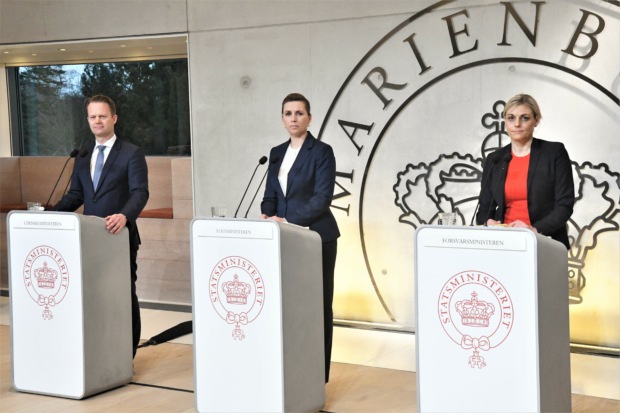Values. Safety. Climate. Migration and Economics.
These are the five core principles that form the foundation of Denmark’s new foreign and security strategy moving forward.
The government’s unveiling of its new strategy report yesterday reaffirms Denmark’s ambition that its activities abroad accurately represent its values at home.
“Fighting for peace has a price. But it is nothing compared to the cost of not fighting,” said the foreign minister, Jeppe Kofod.
“Denmark must join in around the world together with our allies and partners. Because it is there, where it is hardest, that our efforts mean the most. This applies to our security and to our democratic values.”
READ ALSO: Defence report defines key threats to Denmark
Major shake-up
Kofod went on to underline the importance of Denmark championing its values abroad as well as at home.
The strategy conveys strengthening Denmark’s activities in the EU, NATO, UN, the Arctic and Africa, as well as within the export arena.
A total of 21 embassies and consulates will be boosted and the structural changes will impact 28 representations abroad and 11 Foreign Ministry departments in Copenhagen.
Download and read the entire strategy report here (in English).















